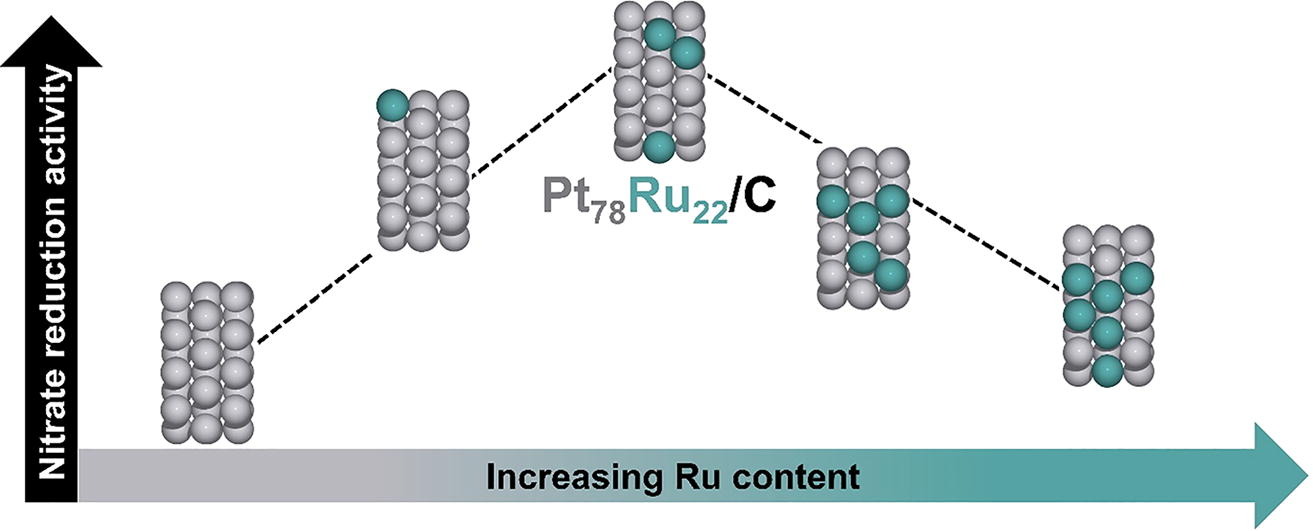
Nirala Singh receives NSF CAREER Award
Nirala Singh receives National Science Foundation CAREER Award to further understanding of electrocatalysis and nitrate reduction for a more sustainable future.

Nirala Singh receives National Science Foundation CAREER Award to further understanding of electrocatalysis and nitrate reduction for a more sustainable future.
Nirala Singh, an assistant professor in the Department of Chemical Engineering, has received a National Science Foundation (NSF) CAREER Award in the Catalysis program to study electrocatalysis and nitrate reduction to further advances in sustainable chemical and fuel generation.
“I think it is an exciting time for this area, and I am very thankful to NSF for funding us to study fundamentals related to electrocatalysis and nitrate reduction,” Singh said. “I am also very thankful to my collaborators and my group who have made it a joy to work on challenging scientific questions.”
“I think it is an exciting time for this area, and I am very thankful to NSF for funding us to study fundamentals related to electrocatalysis and nitrate reduction. I am also very thankful to my collaborators and my group who have made it a joy to work on challenging scientific questions.”
Nirala Singh
Assistant Professor of chemical Engineering
Funding from this award will support five years of research, allowing Singh and collaborators to provide a more cohesive understanding of electrocatalysis conversion of toxic nitrate waste into useful chemicals such as ammonia with the use of renewable energy.
“In electrocatalysis there are a lot of challenges due to the complexity of the ions, solvent and electric field,” Singh said. “This funding allows us to study those methodically, which we hope will be broadly applicable to many sustainable chemical processes.”
The effect of ions in electrocatalysis is relevant for projects in fuel production, energy storage, corrosion and wastewater remediation, making the findings applicable to aid future projects in several interdisciplinary fields.
“We are hopeful the results from this work will help us better understand electrocatalysis and potentially have impacts on all of those fields,” Singh said.
Prior to receiving the NSF CAREER Award, Singh applied for a patent for ammonia production from nitrate waste using PtRu-based catalyst in collaboration with Dow Corning Assistant Professor Bryan Goldsmith based on a series of joint publications. The CAREER funding from the NSF will allow Singh to continue this work in greater detail.
“Part of the NSF CAREER proposal aims to understand the link between adsorption and catalytic activity, which was the paper and patent’s topic,” Singh said. “Some of the preliminary results from the initial paper and patent opened up the questions for the CAREER proposal.”
Singh joined Michigan Chemical Engineering as an assistant professor in 2018. He earned a BS in Chemical Engineering from the department in 2009 and a PhD in Chemical Engineering from the University of California Santa Barbara in 2015.
The Singh Lab continues research in experimental catalysis, electrocatalysis and photoelectrocatalysis, focusing on driving reactions efficiently and selectively to develop processes to store electricity, produce useful products, and clean up waste streams varying from agricultural to low level nuclear waste.